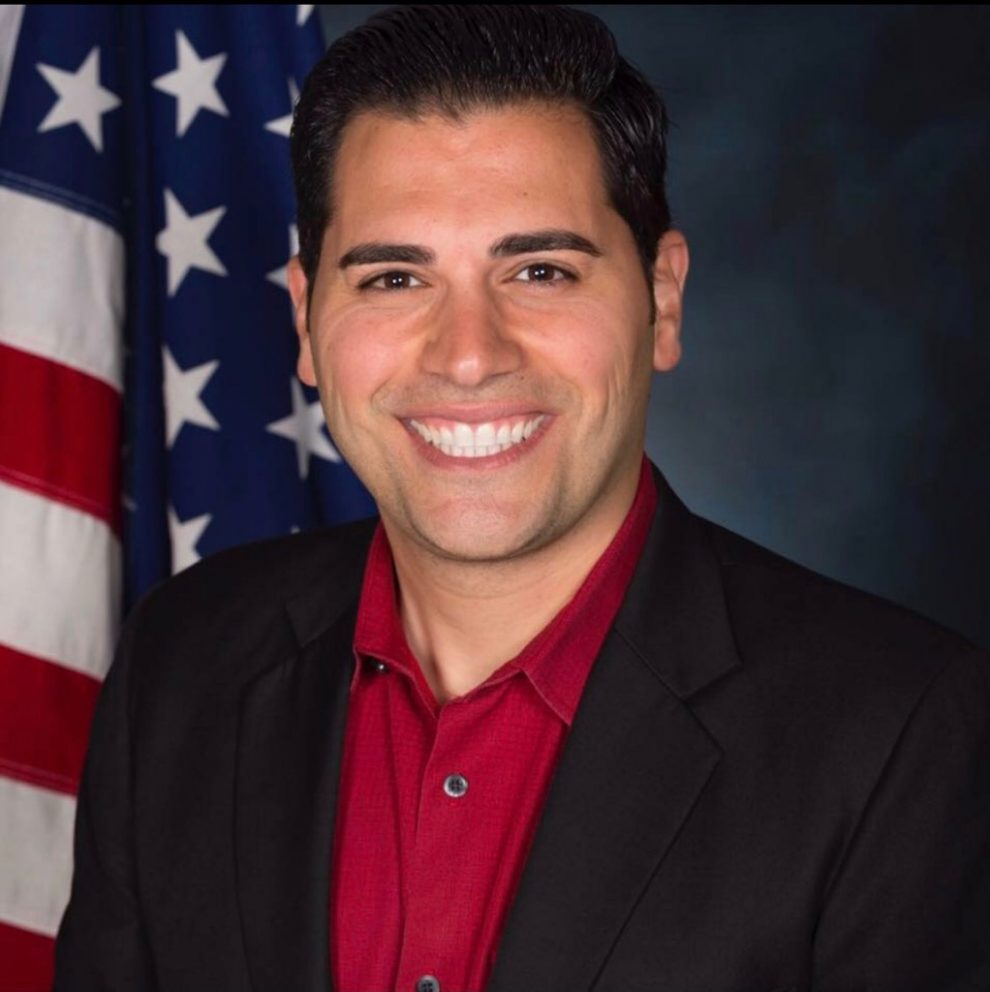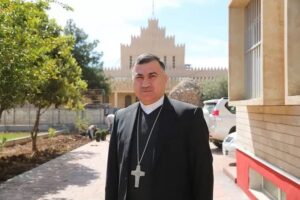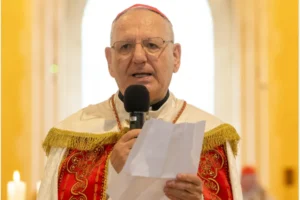While the days of harmonic diversity have long past, it seems too as though the short-lived period of Islamic State rule is also gone. So now we are left with the uncertainty of a daunting future. We now confront the reality of a new chapter in Mosul, one where we are once again forced to decide: Do we stay or do we go?
The Trump administration has assisted in the recapture of Mosul, but the job is far from finished. We need to be the ones who assist in the authorship of a new chapter for Mosul. We need to be the ones who aid the Iraqi government in fostering inclusivity, equality and diversity. It is the United States that must work to facilitate a new Mosul. Because, whether the American people like it or not, an age-old saying remains true throughout all countries, including Iraq: “You break it, you buy it.” And despite the murderous and dictatorial rule of Saddam Hussein, most Iraqis would agree that even his cruel reign was better than life under the sword of Islamic State.
Furthermore, we know firsthand of the consequences that come of turning a blind eye to the spread of extremist ideology in the region. A massive influx in cross-border refugee movement, greater regional instability and an enhanced threat of terrorism here in our own country are just a few repercussions. While we cannot rewrite the past, we can work toward putting in place conditions that ensure a brighter future for the people of Iraq and Mosul. We cannot be led into believing that the suffering of Iraq occurs in a vacuum. What happens in Iraq will most certainly have some bearing on our own lives in the U.S.
Perhaps like a phoenix, Mosul will rise again from the ashes. But the rebirth of what was once a great city can only be facilitated with intimate collaboration from Iraq, and, whether we like it or not — the United States of America.
Arabo, a San Diego resident, is president of the Minority Humanitarian Foundation.
http://www.sandiegouniontribune.com/opinion/commentary/sd-utbg-mosul-peace-iraq-20170713-story.html















